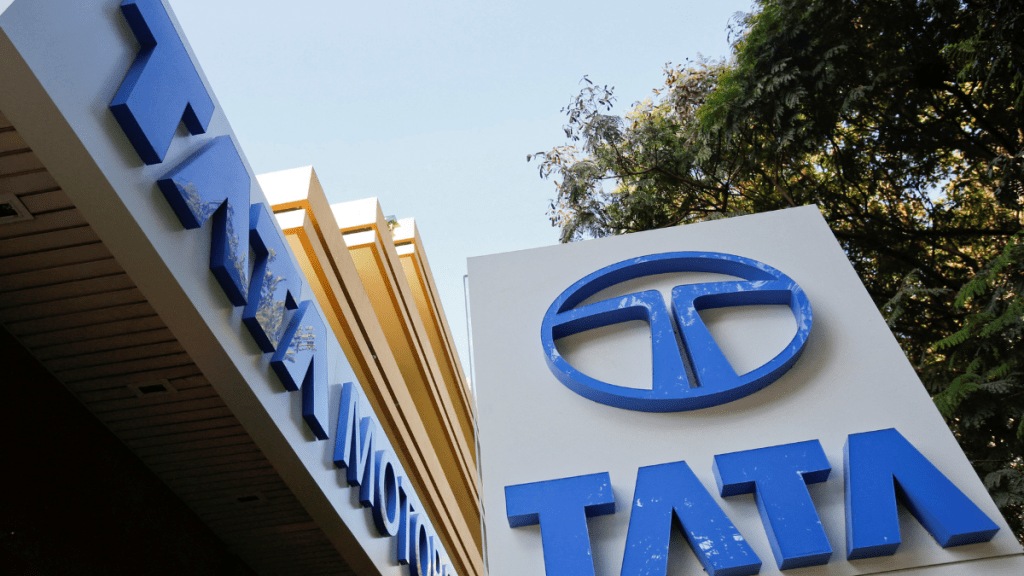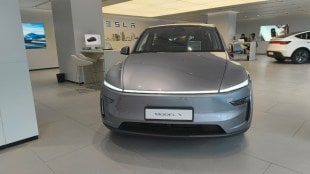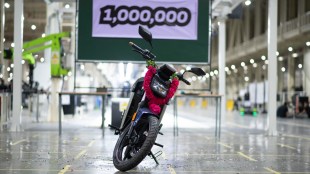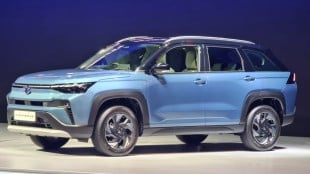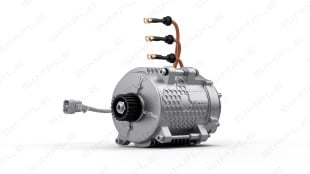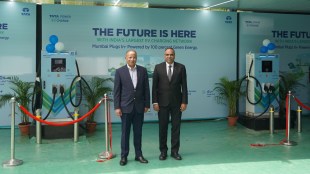Tata Motors took yet another significant step in the global automotive world with the groundbreaking ceremony of its upcoming world-class production facility at Panapakkam in Ranipet district, Tamil Nadu. This production facility will be utilised to next-gen vehicles for Tata Motors and JLR which will cater to both Indian and international markets.
The foundation stone for this facility was laid by the Chief Minister of Tamil Nadu MK Stalin in the presence of N. Chandrasekaran, Chairman of Tata Sons & Tata Motors. Earlier, the company signed a Memorandum of Understanding with (MoU) with the Tamil Nadu government as per which the homegrown carmaker will invest Rs 9,000 crore in this greenfield manufacturing facility.
The facility has been designed for an annual production capacity of over 250,000 vehicles. Production will begin in a phased manner and progressively increase to reach this capacity over the next 5-7 years. Tata claims that this advanced, state-of-the-art manufacturing facility has the potential to create over 5,000 employment opportunities (direct and indirect)

Speaking on the occasion, N Chandrasekaran, Chairman, Tata Sons said, “We are pleased to make Panapakkam as the home of our next generation of cars and SUVs, including electric and luxury vehicles. Tamil Nadu is a leading industrial state with progressive policies and an established automotive hub with qualified and talented workforce.
Through this facility, Tata Motors also intends to contribute towards building future ready skills amongst the local communities in and around the plant. In addition, the plant will be guided by principles of sustainability and use 100% renewable energy for running operations.
Earlier in April this year it was reported that Tata Motors, the parent company of Jaguar Land Rover (JLR), intends to locally manufacture the luxury vehicles under the British brands in India. This would mean lowered acquisition costs of Jaguar and Land Rover cars in the country which currently are only available as fully-imported CBUs. Further, the plant will be guided by principles of sustainability and use 100% renewable energy for its running operations.
